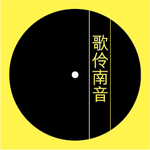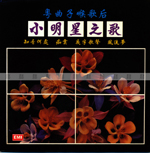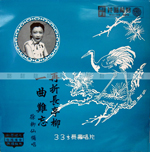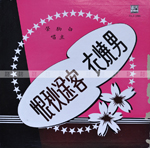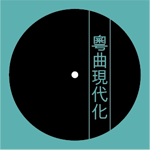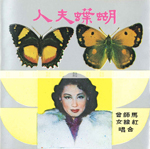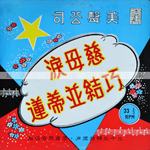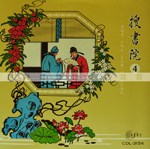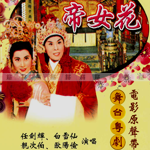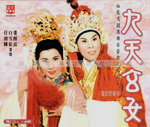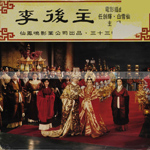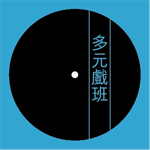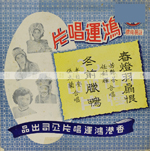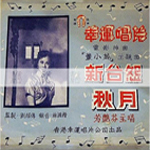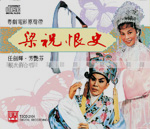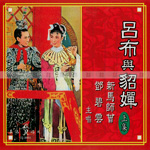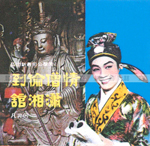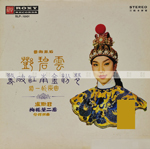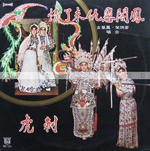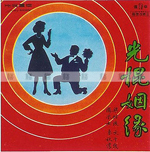Since the early twentieth century, Hong Kong has always been an important venue for Cantonese opera development. After 1949, as a result of political turmoil in the Mainland, performers and troupes converged and resettled in the territory, leading to a tremendous prospering of Cantonese opera in the subsequent decade. This development is linked intimately with the rise of the electronic media.
Performers and troupes began to grasp the possibilities offered by film and radio to re-examine age-old performance practices with regard to acting, singing, script writing, instrumentation, and stage set-up. They brought in novel elements from the theatre and movie world, and participated in the production of films and records. With these acts, they are extending the movement to modernize Cantonese opera that began in the 1930s.
Wong Jum-sum was thoroughly immersed in the world of Cantonese opera from young. Through his close encounter with master performers like Hung Sin-nui, Ma Si-tsang, Yam Kim-fai, Pak Suet-sin and Tong Dik-sang, he witnessed first hand the modernization of Cantonese opera, and was mightily moved by the adventure and passion he saw.
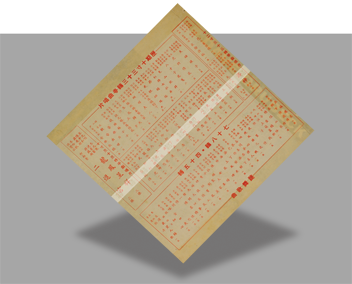

作曲:Marshall Brown
作詞:周聰
主唱:周聰、呂紅
呂:落花飛滿窗 觸我愁眉
周:天邊月半掩 使我掛念你
呂:自己心太癡 一秒也難別離
天天心裡飲泣 一切也為着你
周:足足哭了成晚 呼呼呼呼
相見經已盡歡 常伴着你
呂:一天分開也難過 我太寂寞
周:今相見我絕不 離別你
呂:落花飛滿窗 觸我愁眉
周:天邊月半掩 使我掛念你
合:大家都唱歌 歡笑尋樂時
一刻不要分開 永遠伴着你
呂:落花飛滿窗 觸我愁眉
周:天邊月半掩 使我掛念你
呂:自己心太癡 一秒也難別離
天天心裡飲泣 一切也為着你
周:足足哭了成晚 呼呼呼呼
相見經已盡歡 常伴着你
呂:一天分開也難過 我太寂寞
周:今相見我絕不 離別你
呂:落花飛滿窗 觸我愁眉
周:天邊月半掩 使我掛念你
合:大家都唱歌 歡笑尋樂時
一刻不要分開 永遠伴着你
永遠伴着你 永遠伴着你
